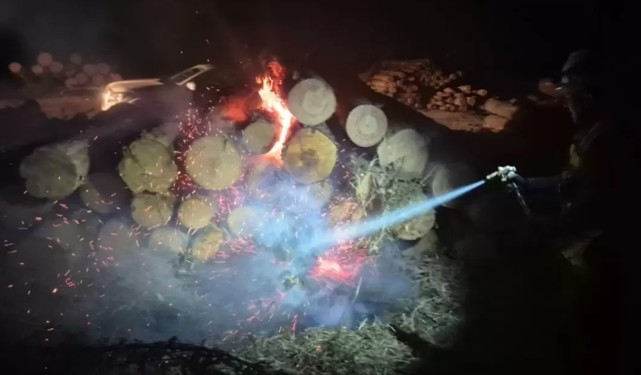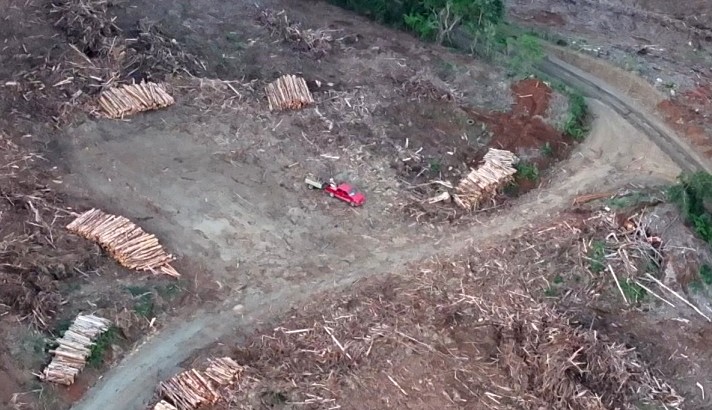The Factors That May Have Influenced CMPC's Decision to Invest in a Mega Project in Brazil Instead of Chile
- Simón Berti, president of the College of Forestry Engineers of Chile, stated that there are key elements in CMPC's decision, one of which is a natural advantage of Brazil.
TheCollege of Forestry Engineersasserted that in Brazil, unlike in Chile, the path is smoothed to receive investments like the one announced by CMPC, worth over 4 billion dollars.
Meanwhile, the Minister of Economy, Nicolás Grau, indicated that the forestry sector still presents favorable conditions for development in Chile.
CMPC's announcement that it has begun evaluating a new pulp project in Brazil has already sparked reactions in Chile, where the company maintains plantations and productive operations in the southern region.
The letter of intent signed with the government of Rio Grande do Sul includes initiating environmental authorization procedures to conduct the necessary technical studies and evaluations for the final assessment of the industrial project, involving an investment of approximately 4.5 billion dollars.
The initiative, named Natureza, includes a new pulp plant to be located 15 kilometers from the city of Barra do Ribeiro, along with road and port infrastructure, sustainable associative forestry, conservation, and cultural promotion.
The letter of intent covers, among other matters, the necessary road and port works for the project's operation.
Simón Berti, president of the College of Forestry Engineers of Chile, emphasized that there are key factors in CMPC's decision, including a natural advantage of Brazil: the time it takes for eucalyptus to mature for pulp production is half that of Chile.
Additionally, he noted that such initiatives are facilitated in Brazil.
Berti claimed that building a pulp plant in Chile would take 4 to 5 years just for permits and legal processes, which does not encourage investment. A problem the country does not know how to solve, as there is no welcome for investments of this nature, even if they could generate around 15,000 direct and indirect jobs.
He also mentioned risks in Chile, such as frequent attacks on contractors in the sector and increasingly intentional wildfires.
The president of the College of Forestry Engineers added to this the prevailing myths about water and native forests.
"(...) It is not true that plantations consume all the water; on the contrary, they generate more water for aquifers," he commented.
The Minister of Economy, Nicolás Grau, in an interview with La Radio, addressed CMPC's decision to study this investment outside Chile.
He stated that this is normal and that the country has the conditions for the development of the forestry industry.
"It is normal for certain companies to explore investment options elsewhere. What matters is the net balance—how many investments by Chilean companies occur abroad versus how many foreign investments happen here. That is the sum that must be positive," he opined.
When announcing the agreement with CMPC, the governor of Rio Grande do Sul, Eduardo Leite, affirmed that they offer certainty and security for such significant investments to thrive.
He pointed out that they even amended their Environmental Code to ensure investments can develop properly without neglecting the surroundings.
Source:www.biobiochile.cl

















